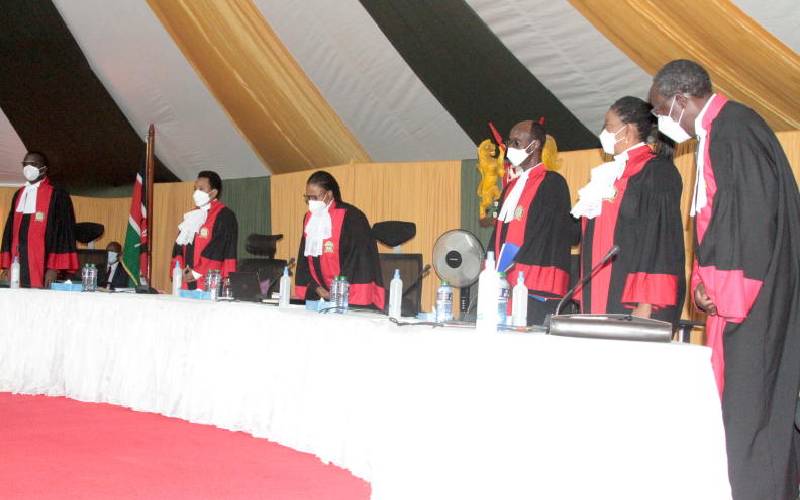
The Supreme Court, in the Hon Attorney General and Ors v David Ndii and Ors (the Building Bridges Initiative – BBI Appeal) treated us to what appears like our epic institution has come of age as we had hoped when it was established.
The BBI decision was generally made by the 7-bench Supreme Court devoid of emotion and full of legal reasoning. As I watched each SC Judge read their judgement on television, I could not help but feel proud that we bequeathed ourselves the SC in our 2010 Constitution. As much as their opinions or reasons for their individual judgements were varied, a clear thread of jurisprudence was emerging that firmly established clear points of law and interpretation of the constitution.